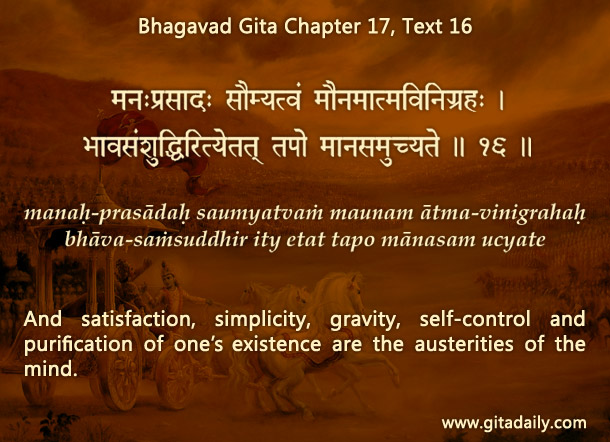Grateful even when we don’t feel full? -Even if we want to feel grateful, that feeling is often elusive. Why? Because we may feel that what we have isn’t enough.
And such feelings of lack of fullness or wholeness may not come just because we are greedy, as some might simplistically allege. They may come from reasonable feelings of inadequacy and insecurity. After all, we live in a danger-prone world where unpredictable adversities can befall us at any moment. We can never know for sure whether what we have will be enough or not. We may save a substantial amount to provide for our future financial security, but recession, devaluation or demonetization or any such change can leave our plans in disarray.
How then can we be grateful? By appreciating that what we have is so much more than what most other people have. If we have our daily needs taken care of, we are among the top ten percent in the world’s population and certainly in the top ten percent in humanity’s recorded history. If we have some savings and comforts, we are among the elite three to five percent.
Why don’t we often realize our privileged position? Because our media aggressively displays things we don’t have. Instead of fixating on whatever the media shows us, we can appreciate our position within the world’s overall dispensation. Others may have more or better food on their plates than what we have, but we can still be grateful that we have food on our plate, that we aren’t starving. Pertinently, the Bhagavad-gita (17.16) terms such conscious cultivation of cheerfulness as an austerity of the mind. Such austerity is the basis of realistic gratitude.
One-sentence summary:
Even if what we have doesn’t feel enough, we can cultivate gratitude by remembering that what we have is more than what many others have.
Think it over:
- Why is it not easy to feel grateful?
- Why don’t we appreciate our privileged position in the world?
- How can we better appreciate what we have?
***
17.16: And satisfaction, simplicity, gravity, self-control and purification of one’s existence are the austerities of the mind.


Comparison is the TRAGEDY of HUMAN BEINGS.
Really nice….
Thank you.